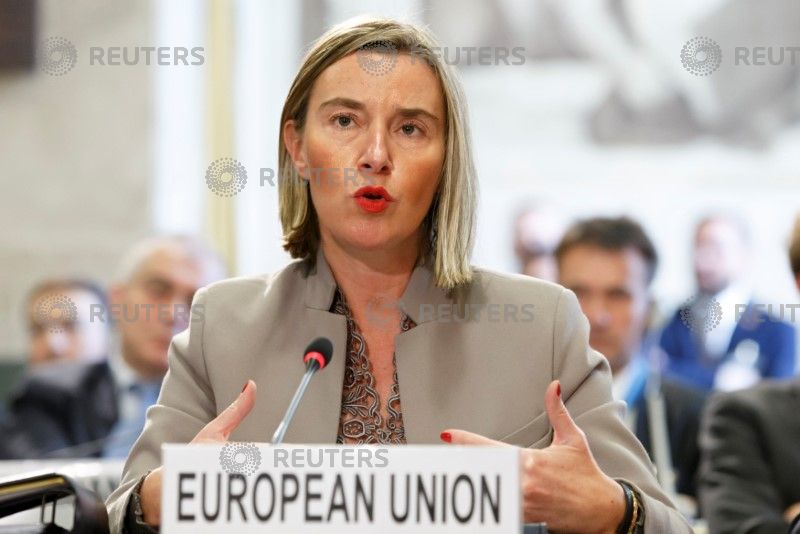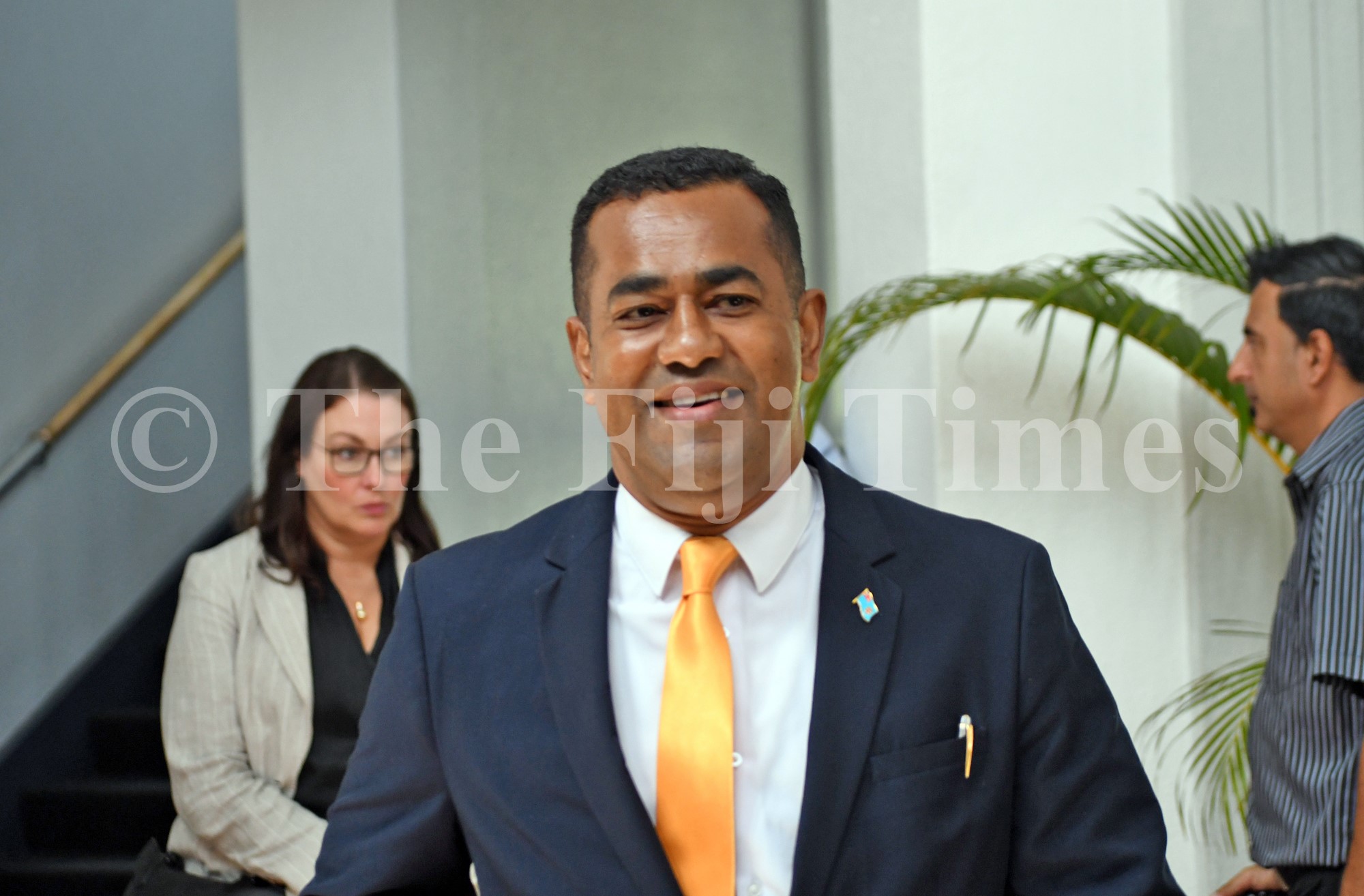BRUSSELS (Reuters) – The European Union blacklisted nine locals involved in last month’s rebel elections in east Ukraine on Monday, but was unlikely to heed swiftly Kiev’s call for more reprisals against Moscow over the latest flare-up of tensions in the Azov Sea.
Ukraine’s Pavlo Klimkin asked the EU’s 28 foreign ministers in Brussels to step up sanctions against Moscow but the bloc is deeply divided on Russia and is not seen acting swiftly, if at all.
Instead, it will look at offering more assistance to Ukraine, which had its Black Sea peninsula of Crimea annexed by Russia in 2014 and then saw Moscow back separatists in the industrial east.
The ministers discussed with Klimkin “the support of the European Union to Ukraine, to Ukrainian people, to territorial integrity of the country”, said the bloc’s top diplomat, Federica Mogherini.
Klimkin said he asked the EU to push for the release of Ukrainian sailors held by Russia after the incident off Crimea in late November and to consider setting up an international monitoring mechanism to ensure freedom of navigation in the Kerch Strait.
“I’ve asked about different types of sanctions,” Klimkin said, adding he had proposed options from targeting more individuals to hitting Russian ports and assets in Azov Sea.
On Monday, the EU added nine locals in the Donetsk and Luhansk regions of east Ukraine to its blacklist as a follow-up to the separatist vote held there earlier in November, bringing the total number of people barred from the EU over turmoil in Ukraine to 164.
“They further undermined the territorial integrity, sovereignty and independence of Ukraine,” the bloc said. “The EU considers these ‘elections’ illegal and illegitimate and does not recognise them.”
Those blacklisted include Leonid Pasechnik, named as the rebel head in Luhansk. His Donetsk counterpart, Denis Pushilin, was blacklisted in 2014 as one of the initial leaders of the Russia-backed revolt.
Any assets they have in the bloc are also frozen, as are those of a further 44 entities.
AZOV SEA
Kiev has called for more Western sanctions against Moscow after Russian patrol boats fired at Ukrainian navy ships in the Azov Sea.
Klimkin said the EU promised him to consider that and also to look into aid for Donbas and southern Ukraine, including safeguarding water supplies for the Azov Sea port of Mariupol. Ukraine fears Mariupol could be a future target for Russia.
But the bloc is split on whether to go ahead with any new economic sanctions, a move that would require unanimity of all 28 member states.
“We don’t see yet any decision-making today,” Austria’s Karin Kneissl – who hosted Russian President Vladimir Putin at her wedding earlier this year – said when asked about more sanctions against Moscow.
On the other side of the spectrum is Lithuania, a leading EU hawk on Russia. Foreign Minister Linas Linkevicius said the Azov Sea standoff was a “blatant violation of international law” by Russia and could not be left unanswered.
“I don’t expect something to be decided today but sanctions relating to this topic must be on the table,” he said.
The 28 EU national leaders, who meet in Brussels on Thursday and Friday, are, however, due to extend the bloc’s existing sanctions that target Russia’s defence, energy and banking sectors.
Germany’s Haiko Maas said the situation in the Azov Sea remained unresolved as Russia was still holding the Ukrainian sailors. Berlin and Paris were seeking to ease tensions between Moscow and Kiev.
Fighting between Ukraine and Moscow-backed separatists in eastern Ukraine has killed more than 10,000 people since 2014 and small-scale but deadly exchanges of fire are still frequent.
Citing the Russian threat, Ukraine in November introduced martial law and banned Russian men of combat age from entering the country. The EU has since released 500 million euros in financial assistance to Kiev.





